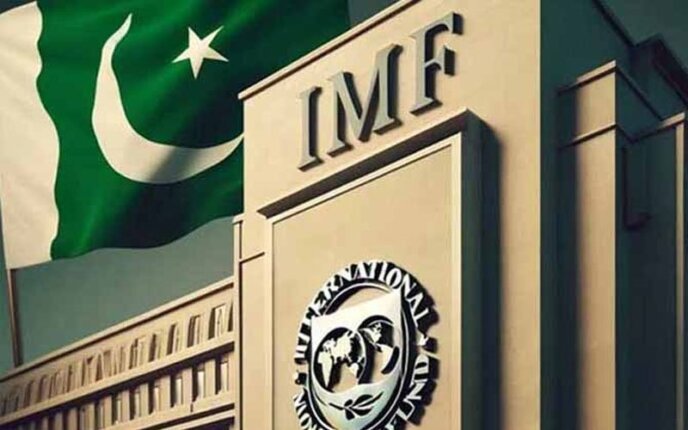ISLAMABAD – The International Monetary Fund (IMF) has warned that Pakistan’s systems for identifying politically exposed persons (PEPs) and detecting corruption remain inadequate, citing uneven enforcement, data gaps, and a lack of corruption-specific risk indicators.
The preliminary findings, shared with the government before the end-of-August publication of the Governance and Corruption Diagnostic Assessment report, note that smaller institutions especially lack automated screening tools and fail to apply enhanced due diligence. PEPs — a category that includes top political leaders, judges, senior bureaucrats, and military officials — are subject to special checks, but the IMF says oversight varies significantly by sector.
Pakistan pledged to release the report under last year’s $7 billion IMF programme, with the mission consulting nearly three dozen institutions earlier this year. The Fund acknowledged that Pakistan has built a basic framework for PEP oversight through SBP, SECP, and FBR regulations, but stressed that reporting institutions still have limited access to practical typologies for detecting the laundering of corruption proceeds.
The draft suggests learning from countries like Canada, which uses transaction red flags tied to public procurement and unusual wealth accumulation, and Colombia, which targets sector-specific corruption risks such as healthcare procurement and SOE-linked laundering.
The IMF recommends Pakistan issue clear, sector-specific guidance on identifying unusual financial behaviour linked to PEPs and state contracts. The FBR’s online platform for screening public officials was noted as a positive step, but the mission found that in practice, smaller players lack the tools and expertise to act on such data.
Sources say the Ministry of Finance has asked departments to respond to the IMF’s observations, with some accepting proposed changes and others disputing them. This review process may delay the publication beyond the agreed timeline.



